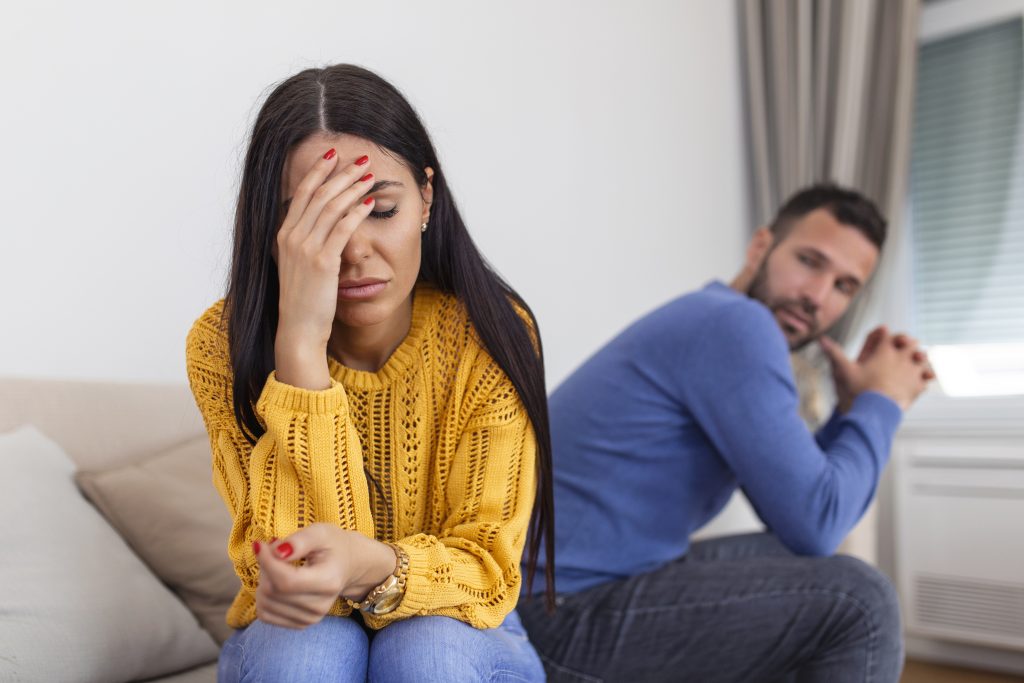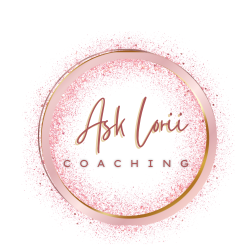
A toxic relationship can suck the life right out of you. Some people have a long history of getting themselves into toxic relationships and staying far too long. What exactly is a toxic relationship? Here’s one explanation from the book Toxic People (1995) by Dr. Lillian Glass: “Any relationship between people who don’t support each other, where there’s conflict and one seeks to undermine the other, where there’s competition, where there’s disrespect and a lack of cohesiveness.” This does not only subscribe to romantic relationships but relationships with friends and family as well.
Does that sound like any of your past or present relationships? Consider these commonalities found in toxic relationships:
1. Controlling behavior. Toxic relationships often have an element of control. Does your partner always have to have everything their way? Does she insist on going with you when you spend time with your friends? Does he always need to be the center of attention? Does she refuse to accept blame even when it’s obviously her fault? Does your partner limit whom you’re allowed to see or when?
2. Distrust. Demanding to know where you are and with whom is a prime example of mistrust. Are you really going to spend time with your mother? He might just drive by to see if you’re telling the truth. Does your partner doubt everything you say? Is your word never good enough? Does your partner track your location with a phone app? Does your partner quiz you to try to catch you in a lie? Do you have to justify yourself all of the time?
3. Justifying your partner’s behavior. Do you have to explain your partner’s behavior to your friends and family, even though you know deep down there’s no justification for the way your partner acts? Is your partner rude and disrespectful to you in front of your friends and family?
4. Physical or verbal abuse. Any abuse is unacceptable. If your partner is abusing you in any way, respect yourself enough to leave the relationship.
5. Passive-aggressive behavior. Does your partner forget to pick you up? Does he forget to water your plants while you’re out of town? Does she keep shrinking your cotton dress shirts by over-drying them? Do you receive a lot of excuses from your partner in general? Are you the one exhibiting passive-aggressive behavior?
6. Lying. This needs little explanation. Does your partner lie to you? Do you find yourself telling lies just to keep the peace? Do you lie in order to avoid spending time with your partner? For example, do you tell your partner you have to help your mother, but you actually go sit at the bookstore for a few hours?
7. There’s a relationship scorecard. Are you reminded on a regular basis about how you’re not pulling your own weight? Are past mistakes mentioned regularly? Are you told that you have to wash the dishes because your partner took out the trash? Are you told this even though you’re swamped with work, and he’s just watching TV?
Most people in toxic relationships know their relationships aren’t ideal, but they justify and rationalize their doubts. Many of them would rather be in a poor relationship than no relationship at all. An emotionally healthy person views being alone as better than being in a negative relationship. The latter is important, you will often hear people joke about how quickly a woman’s life becomes super positive and everything begins to move in the right direction the moment she leaves a toxic relationship. “
It’s amazing how quickly things can turn around when you remove toxic people from your life.” – Robert Tew
I think both men and women have to learn to let go of the dead weight the very moment they realize the person/persons in their life is a hindrance.
A healthy relationship can be challenging to find, but it’s not impossible. If you’re in a toxic relationship, extract yourself from it or seek professional relationship counseling. You’ll be relieved to be moving on from the current relationship routines.
If you need some assistance working through your exit strategy or you want some helpful tools to help you make a decision about your relationship book your first consultation today!



